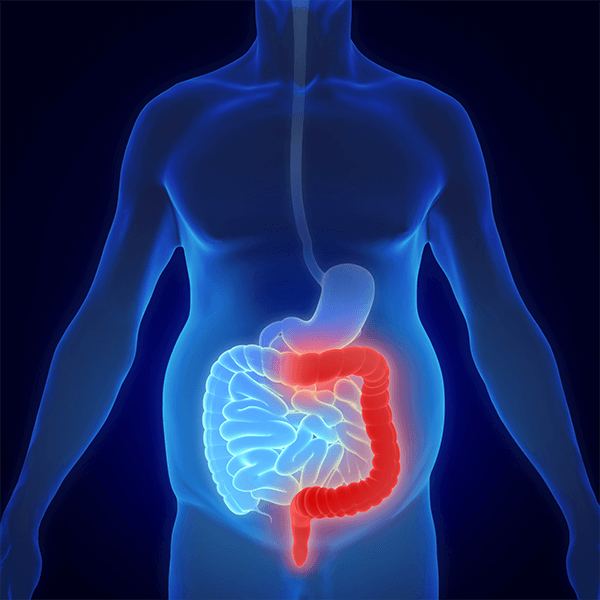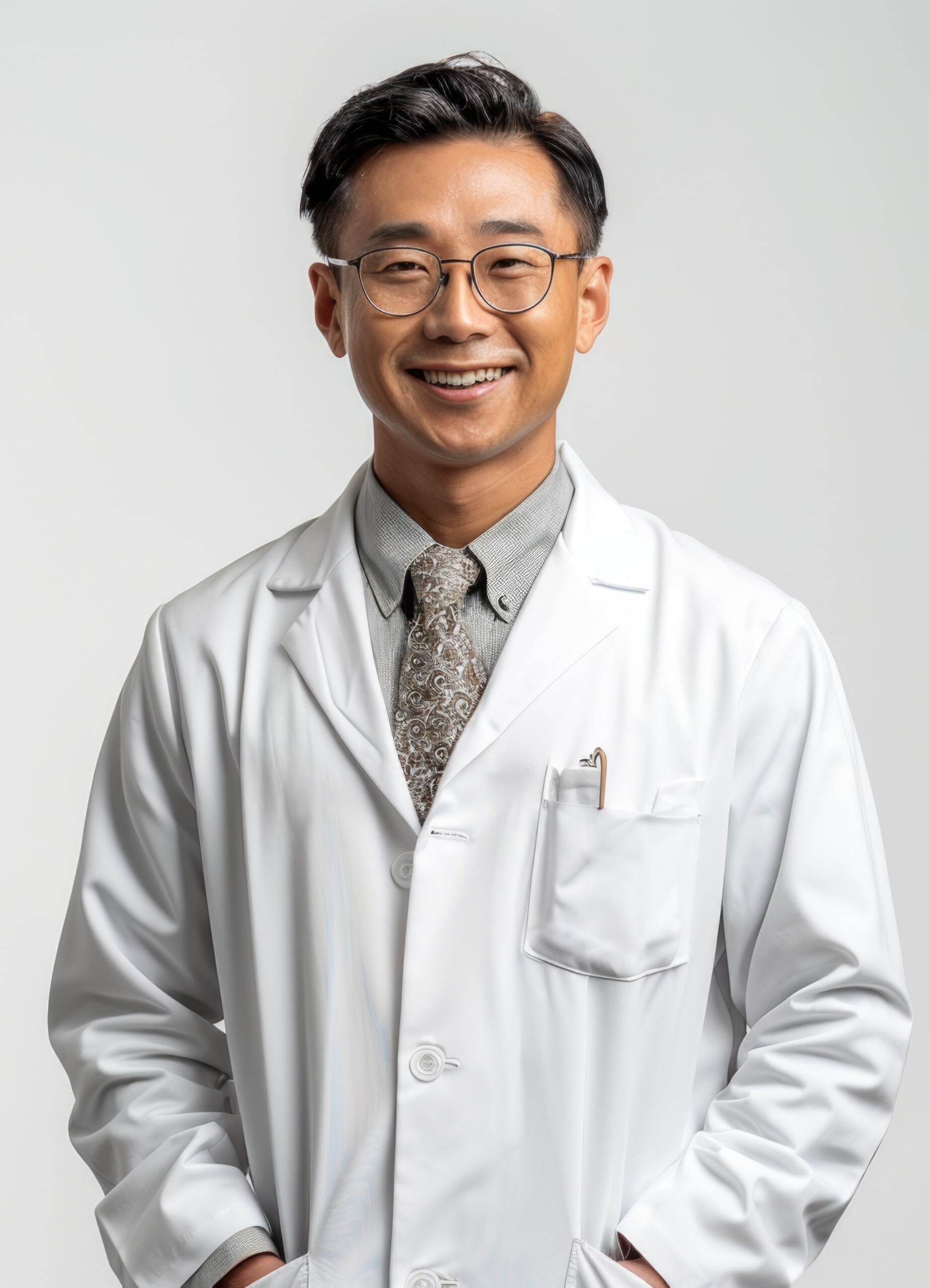What is esophagogastroduodenoscopy?
Esophagogastroduodenoscopy (EGD) is an endoscopic procedure where a lengthy, slim, malleable tube, or “scope,” is situated into your mouth and moved to reach the beginning of the small intestine, known as the duodenum. The scope includes a light and camera on the end, which allows our physicians at Adult Gastroenterology Associates to more easily treat the lining of the esophagus, belly, and the first portion of the small intestine.
An EGD may be performed to determine the reason of GI problems, like abdominal pain, heartburn or acid reflux, trouble swallowing, bleeding, or unusual findings from an x-ray. An EGD may also be performed for Tulsa, OK patients who have constant heartburn to search for changes that are associated with esophageal cancer. Should you need an EGD, request a consultation with a GI physician at Adult Gastroenterology Associates.

What are the benefits of an EGD?
Undergoing an esophagogastroduodenoscopy test offers several advantages. The procedure allows your GI specialist to directly assess your esophagus, stomach, and duodenum (which is the first part of the small intestine). Additional benefits of an EGD include:
- Enables polyp removal, tissue biopsies, and additional small procedures
- Aids in identifying a range of digestive problems, including gastrointestinal infections, celic disease, GERD, Crohn’s disease, and others
- Typically provides an efficient, quick, and safe process
- Can help identify the causes of symptoms like pain or discomfort, heartburn, nausea, and vomiting
What can I expect the day prior to my esophagogastroduodenoscopy?
You will receive pre-op instructions from your GI specialist regarding the required preparation for an EGD. A great deal of our patients are able to eat as any other day the day before the esophagogastroduodenoscopy. We may ask you not to take anything by mouth past midnight except for medications. It is incredibly important to follow the requirements requested from our team at Adult Gastroenterology Associates. There will also be additional instructions about your medications. Generally, your medications will be continued as normal. This may not be true of all medications, particularly with blood thinners (i.e., Plavix®, Coumadin®, warfarin, anti-inflammatories, aspirin) or if you have diabetes. If this pertains to you, your provider will give you special instructions.
What should I expect on the day of my EGD?
You will be asked to get to your esophagogastroduodenoscopy in Tulsa, OK 1 – 1.5 hours before your exam. You’ll need to replace your clothes with a hospital gown. An intravenous (IV) catheter will be put in your arm so we can administer sedation. You will be connected to special equipment that helps your GI specialist monitor your heart rate, blood pressure, and more during and after your treatment.
After settling into one of our comfortable exam rooms, we’ll ask you to lay on your left side on the stretcher. Intravenous (IV) sedation will begin. After you’re sedated, the endoscope will be gently inserted into the mouth. The scope will be carefully advanced through the esophagus, stomach, and the duodenum. Injecting a small amount of air through the scope into the gastrointestinal tract will help your provider to see. Any remaining fluid in the upper GI tract will be cleared away through the endoscope. Depending on the findings of the exam, a number of things can be implemented, such as biopsies, the removal of polyps, and control of bleeding. You can expect that the exam takes approximately 10 – 20 minutes. Following the exam, you will be taken to one of our comfortable recovery rooms so we can monitor you while the sedation wears off.
When can I expect my test results?
Once your exam is complete, our team will go over the results of the procedure with you. Many patients can’t recall this conversation following their exam because they have a foggy brain due to the intravenous sedation. It is recommended you bring someone with you with whom the results can also be discussed. We will also send you home with a typed-up report. In many situations, we’ll provide you with biopsy results in a week.
What are the risks of an EGD?
Typically, an EGD is a safe and reliable procedure. Generally, problems arise in about 1% of cases. Typically, these issues are not life-threatening; however if a complication arises, it could require hospitalization and surgery. Before beginning your EGD, a consent form will be shared with you by our team. Should you have any questions or concerns, you can discuss these with our team before your EGD.
As with other tests, an esophagogastroduodenoscopy is not absolute. There is a minute, known opportunity that irregularities, like cancers, can be undiscovered during the esophagogastroduodenoscopy. It’s crucial to maintain visits with our gastrointestinal doctors and inform them of any new or incessant problems.
What are other choices to an EGD?
Generally, the other options to the EGD will depend on the motive for needing an esophagogastroduodenoscopy to begin with. In most cases, an EGD is the most effective treatment to check for and treat abnormal results in the upper GI tract. However, the x-ray called an upper GI/barium swallow can check your upper GI tract also. This is, keep in mind, just a diagnostic analysis. Treating these findings could require an esophagogastroduodenoscopy or other surgery.
EGD FAQs
Are an EGD and upper endoscopy the same procedure?
An EGD (esophagogastroduodenoscopy) may be referred to by a few different names. It could be referenced as an “upper endoscopy” or a “gastroscopy.” Even though these names may be different, they are generally the same procedure as an EGD.
What are considered "normal" results for an EGD test?
Normal results for an EGD test generally mean that your provider did not find abnormal areas in the upper part of the gastrointestinal tract. However, normal results might be indicated by a smooth texture and normal color of the tissue in the esophageal, stomach, and duodenal areas. There should also be no indication of inflammation, bleeding, or growths in these areas. However, It’s imperative to remember that a “normal” result doesn’t always rule out all health conditions. Some medical concerns might not be noticeable with an esophagogastroduodenoscopy or may be present in another portion of the digestive tract, beyond the reach of the endoscope device utilized to perform the procedure.
Why might an EGD be requested?
Your Adult Gastroenterology Associates provider may recommend an EGD exam if you have liver cirrhosis or Crohn’s disease to help monitor such concerns. In addition, an EGD exam might be requested should you experience:
- Frequent nausea
- Unexplained weight loss
- Pain or discomfort in the upper abdomen
- Black or tarry stool
- Vomiting of blood
- Heartburn
- Difficulty swallowing
What should I need bring to my EGD appointment?
When you arrive at the facility for your EGD procedure, you might be required to fill out a few patient forms. As such, you should bring your identification and insurance card with you. It also may be a good idea to carry a list of all nonprescription and prescription medications you take, their dosages, and the conditions for which you take them. We suggest that you keep jewelry and other types of valuables at home.

